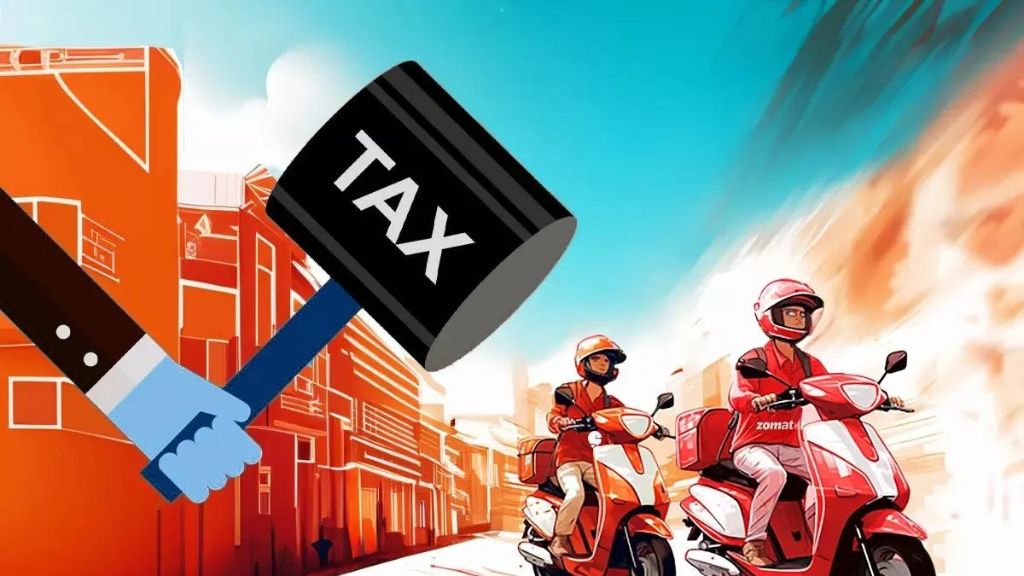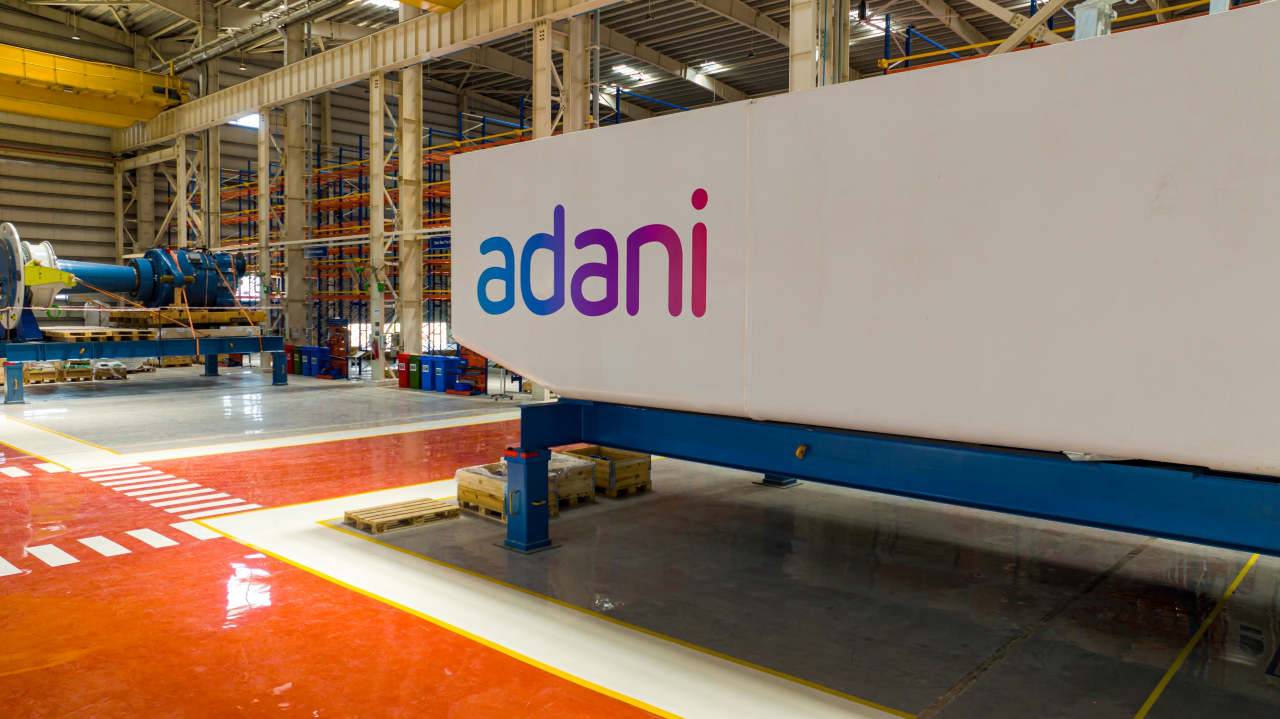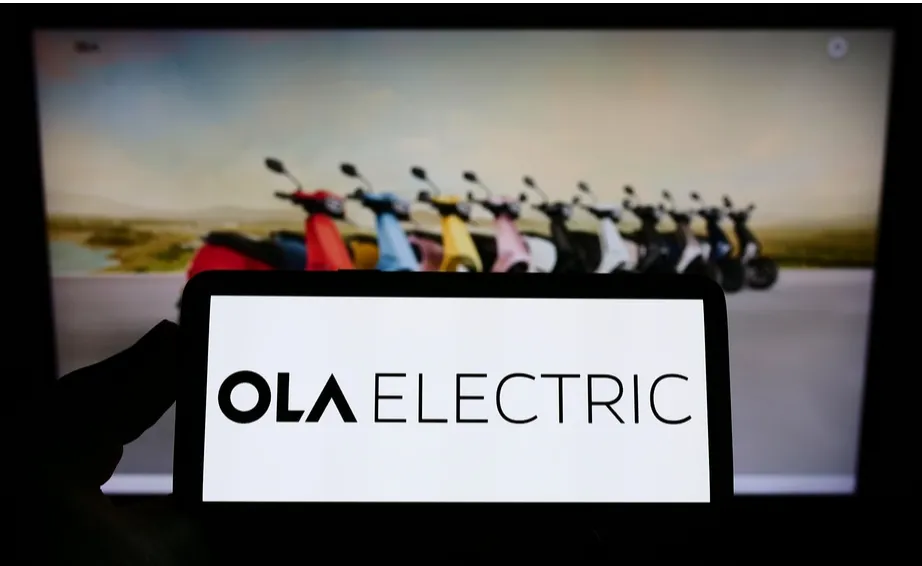
Online food delivery giant Zomato is facing a hefty tax bill of Rs 402 crore, after receiving a show-cause notice from the Goods and Services Tax (GST) authorities. The notice alleges unpaid taxes on delivery charges collected from customers between October 29, 2019, and March 31, 2022.
The crux of the issue lies in how Zomato classifies its delivery charges. The company contends that it merely collects these fees on behalf of its delivery partners and should not be liable for GST on them. They act as a marketplace connecting restaurants and riders, not providing a taxable service themselves.
However, the GST authorities disagree. They view the delivery charges as an integral part of Zomato’s revenue and, therefore, subject to taxation. This interpretation aligns with similar notices issued to Zomato’s competitor, Swiggy, seeking Rs 750 crore in unpaid GST.
Zomato has vehemently contested the charges, asserting that they “strongly believe in the validity of our position” and will submit a detailed response to the notice. They claim that considering delivery charges as part of their revenue would lead to double taxation, placing an unfair burden on both the company and its delivery partners.
The dispute hinges on the legal classification of Zomato’s role in the delivery process. Are they simply a facilitator or an active provider of a taxable service? This question could have significant implications not only for Zomato but also for the entire gig economy, where platform intermediaries act as connectors rather than direct employers.
The outcome of this case will be closely watched by the e-commerce and food delivery industries as it could set a precedent for how such platforms are taxed. If the GST authorities prevail, Zomato and similar companies could face a substantial financial hit, potentially impacting their business models and pricing strategies.
With both sides firmly entrenched in their positions, the legal battle over Zomato’s delivery charges is likely to extend for some time. It remains to be seen whether the courts will side with the company’s interpretation or uphold the GST authorities’ claim, leaving Zomato with a hefty tax bill to swallow.
Key points:
- Zomato received a Rs 402 crore show-cause notice for unpaid GST on delivery charges.
- The company claims it only collects fees for partners and shouldn’t be taxed.
- GST authorities see it as Zomato’s revenue and subject to tax.
- Similar notice issued to Zomato’s competitor, Swiggy, for Rs 750 crore.
- Zomato strongly contests the charges and will respond to the notice.
- Case has implications for gig economy taxation and platform models.
- Outcome will be closely watched by the e-commerce and food delivery industries.






